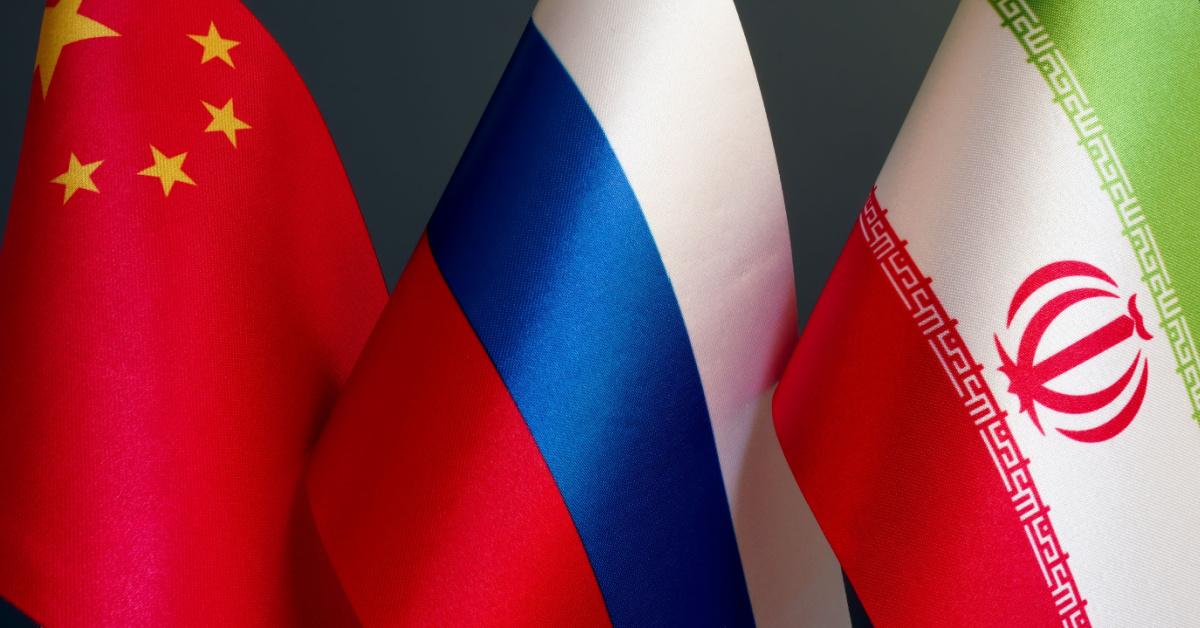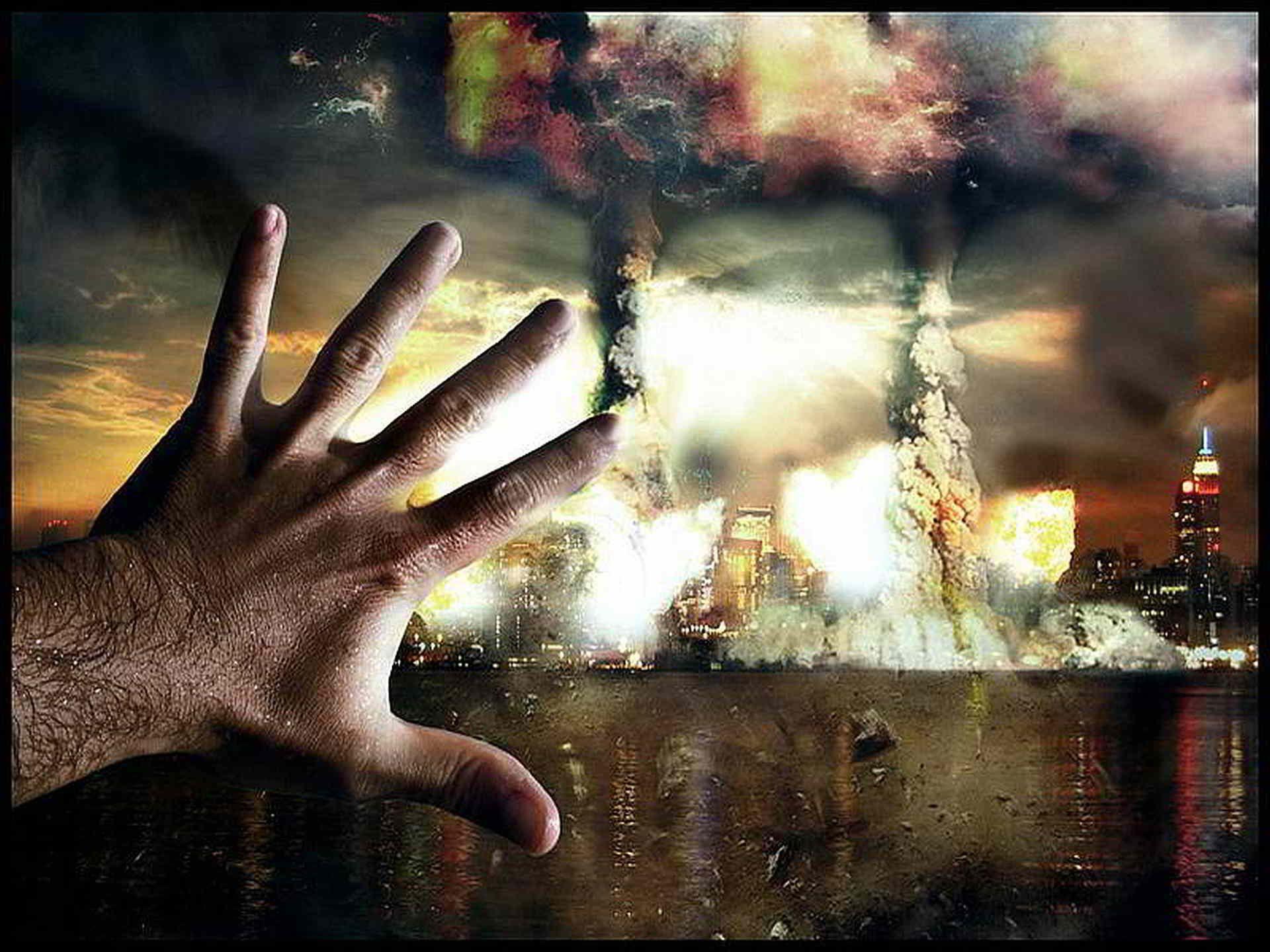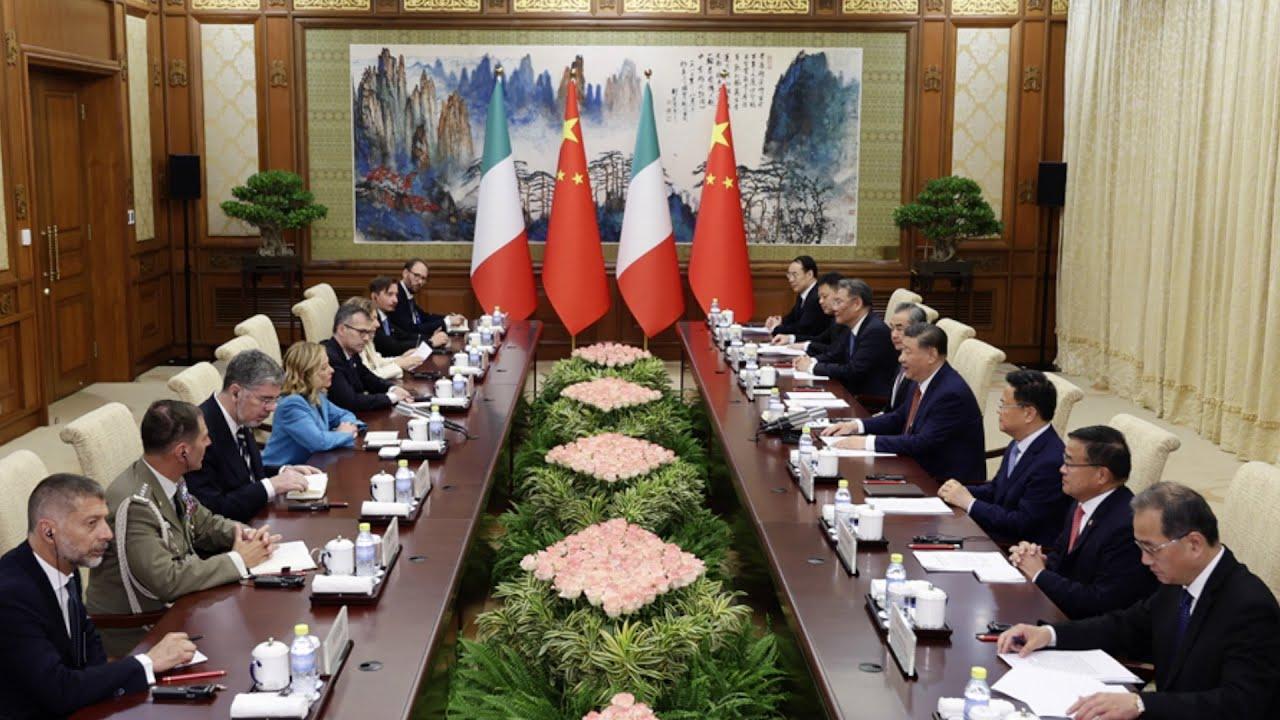US-China rivalry shapes the future Are we on brink of new cold war?
As we mark another anniversary of the start of World War I (some cite July 28, others August 1, 1914), discussions about the planet being on the brink of World War III have intensified. In this context, many experts are actively discussing the recent publication in Washington of the book "The new cold war: How the contest between the US and China will shape our century" by Robin Niblett, a former director of British think tank Chatham House (The Royal Institute of International Affairs).
The main theme of Niblett's work is the onset of a new phase of the "Cold War" in a different guise, characterized not only by the political and economic clash between the US and China but also by intensified ideological rivalry. However, Niblett argues that, given China's need to access global markets to export its diverse range of products, Beijing has a vested interest in a stable world that ensures the security of global trade and international cooperation.
This provides "a glimmer of optimism." In this context, Niblett gradually addresses the topic of closer relations between Russia and China, which poses a threat to the US and its allies. Consequently, there is an emerging need to expand the "network of alliances."
In this context, NATO's presence in the Atlantic-Pacific region (APR) is not necessarily required, as the time has come to think about the re-profiling of the G7 into the G7+, “which will be numerically increased by allies in the Pacific”.
This "expanded seven" could act as a counterbalance to the strengthening alliance between Russia, China, and Iran. Given this geopolitical landscape, the G7+ could become a crucial international institution opposing authoritarianism in the new Cold War. This could be achieved through cooperation with the Global South, including via the G20.
As several experts emphasize, there is an active push for a geopolitical trend that includes a new world order based on a bloc format. Thus, the trio of China-Russia-Iran is emerging as the new counterpart to NATO, reminiscent of the Warsaw Pact during the Soviet era, and is opening its geopolitical borders to those willing to join. Concurrently, NATO is beginning to expand towards the APR.

So it is not surprising that Ursula von der Leyen, re-elected on July 18, 2024, as the President of the European Commission, has promised to transform the European Union into a defence union, create a European Defence Fund with increased financing for the Union's naval, land, and air forces, and invest in space and cybersecurity.
According to various sources, this includes tripling the number of officers in the European Border and Coast Guard to 30,000, developing new pan-European projects like the European Sky Shield, and initiatives in the field of cyber defence.
Notably, back in April of this year, Elon Musk spoke about the extreme danger of the risk of an impending Third World War. This summer, Bundestag member Sevim Dağdelen mentioned the growing "risk of a Third World War with a nuclear fiasco in Europe" due to NATO's policies. Meanwhile, UK Chief of Defence Staff Admiral Sir Tony Radakin was urged "not to use vague terms about being on the brink of a world war," even though the situation has become "more dangerous."

Regardless, even this minimal data is enough to understand that we are entering a stage of global division. As Robin Niblett emphasized in his book, this division will manifest not only in military terms but also ideologically. We have observed this in the past couple of years, as the Western community attempts to contrast supporters of "liberal democracy" (the collective West) with "Eastern autocracy." This "East" is represented by the trio of Beijing, Moscow, and Tehran. The battleground for this hypothetical confrontation could be any global region, from the Asia-Pacific to the Arctic.
However, the "inevitable" confrontation between EU countries and China is far from straightforward. This is evident not only in the examples of Hungary or Slovakia. A recent notable development is the visit of Italian Prime Minister Giorgia Meloni to Beijing. As Chinese President Xi Jinping remarked, "China and Italy are two countries with ancient civilizations that are comprehensive strategic partners, sharing a wide range of common interests and a deep foundation for cooperation." Therefore, it is desirable for both sides to "strive for unity while preserving differences."

Some experts believe that Rome decided to reset its relations with Beijing "amid growing concerns about a possible trade war between China and the EU." Italy aims to attract Chinese investments in the automotive and other sectors, and in this context, the two sides signed a three-year plan to renew cooperation, including industrial collaboration in the production of electric vehicles and renewable energy sources.
Steps like these by leaders of individual European countries will likely continue to be closely watched by interested political forces. However, no such agreements can be considered a cure-all for actual geopolitical confrontations (or, as some might call it, competition). The difference is that this nuance may not be officially declared but will be evident as a historical fact.
By Teymur Atayev
The views and opinions expressed by guest columnists in their op-eds may differ from and do not necessarily reflect the views of the editorial board.








